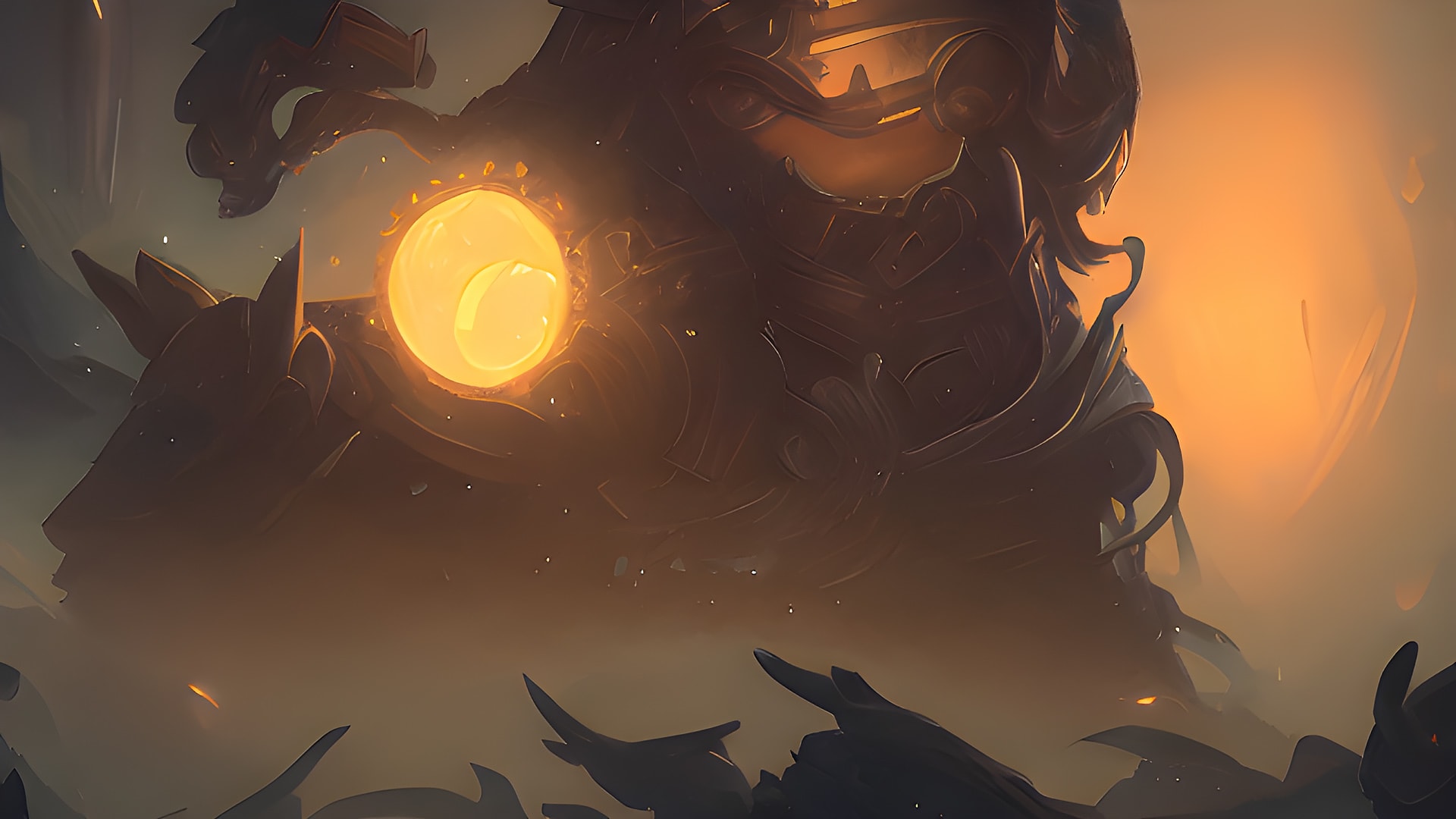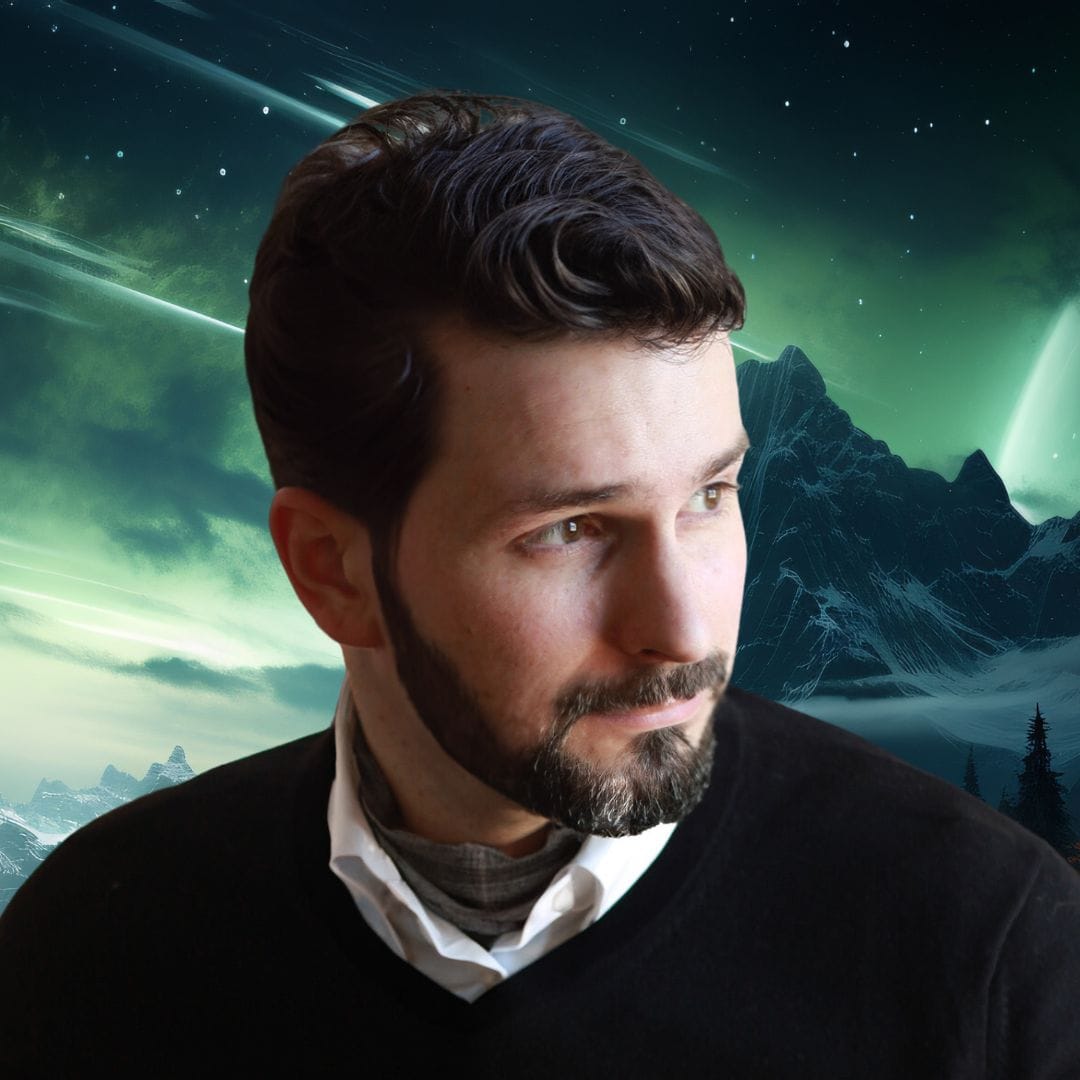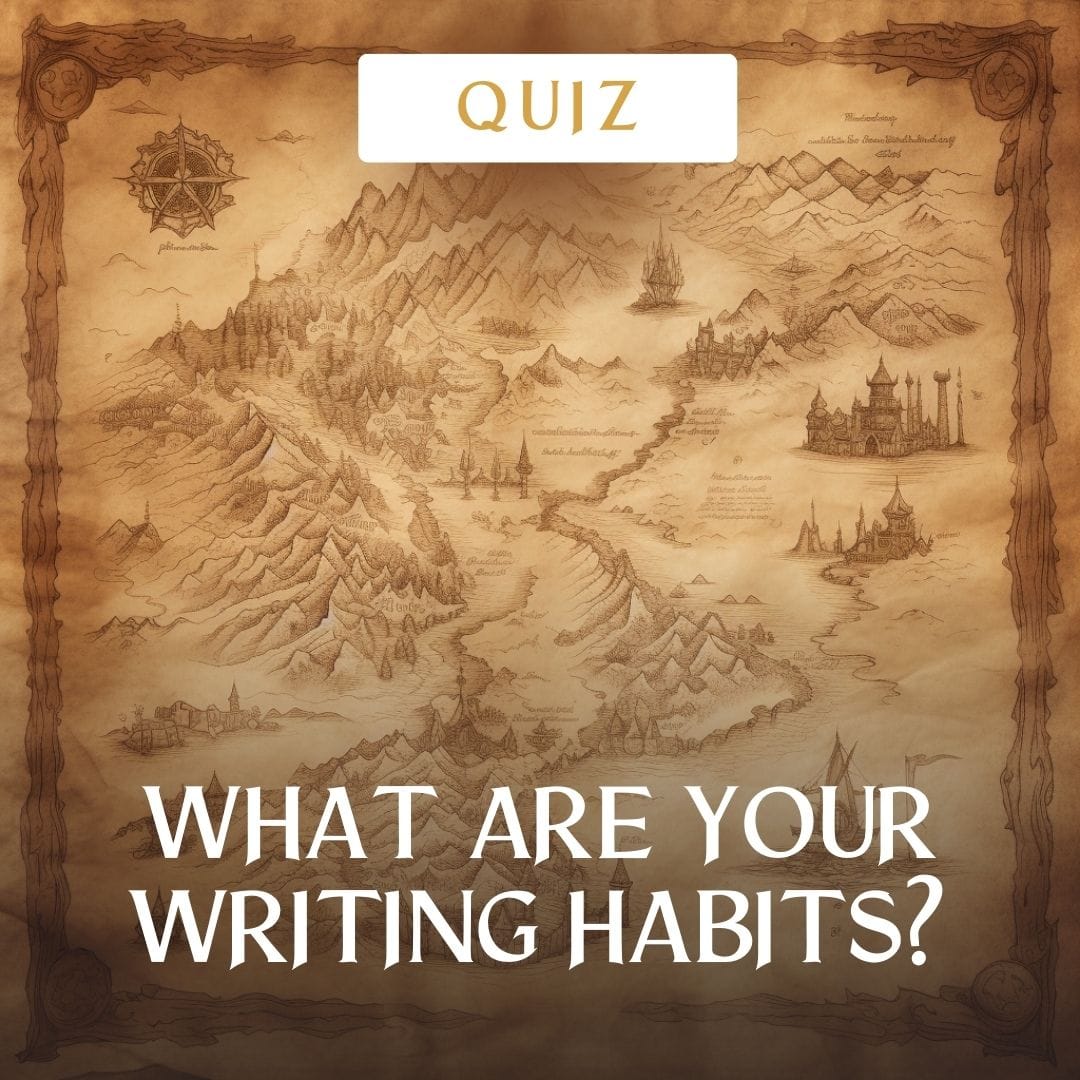The kinds of stories we tell today come from extremely ancient rituals. That’s right. Telling a story, and writing fan fiction, first started as a deeply religious act.
And in fact, it still is. We just don’t think about it that way any more.
That could be for one of two reasons: either nothing is sacred any more. Or we have made everything sacred.
Looking around ourselves in the first world west, some old philosophers a few hundred years ago decided nothing was sacred, and we all rolled over and agreed.
Is it true though?
And why does it even matter?
Well here’s one reason.
Why fiction is more important than you think
There are tons of reasons why we write fiction.
Sometimes it’s catharsis (to work through a feeling). Or to dramatize a reality. Or to explore a difficult idea in human terms.
But we need to try and take a step above what we are experiencing. To dis-incarnate from our body experience for a moment.
Imagine being like an elven warrior hunting through a forest. Everything around you is danger and leaves and shadow. Your mouth may be dry, your fingers itching on the bowstring, and sweat pooling in the small of your back. Dang this armor is heavy…
Now, suddenly, you are gifted flight, and you soar to 10,000 feet to look down. You now have a sense of your whole environment, where you’re going, and why. You are able to control and command who goes where. You see inside minds, and the workings of meaning in the world.
That first experience is what your readers enjoy. They want to get out of their lives, and live someone else’s experience. They want an ‘out of body’ experience. That is how we are able to fast-track our own learning and development – by being someone else. It’s how we can also discover if we like something or not – vicariously. Through someone else’s experience of time and place and choices.
But flying at cloud-level is like the author, moving pieces on a board, playing a game of chess. And in a way, it’s a form of noble manipulation.
You are quite literally creating the magical conditions to make people feel things that aren’t actually happening. You’re stringing together thoughts and experiences that force them to turn the page. You’re prompting questions they didn’t realize they’d be asking two hours ago. You’re helping them feel through someone else’s growth and follow their lead to a conclusion. And you’re usually asking them to accept that conclusion as true, and to live it like you do.
So now, we need to unsheathe ourselves from even that cloud level. Not to go higher into the stars. But to change dimensions into the realm of angels. Now, what do we see?
First of all, it’s not higher. Or further away. Time and place don’t matter any more. Everywhere is here. No up, down, or then or before. That whole space-time-past-future stuff happens as you progress further ‘away’ from the center of creation – the divine presence of God.
In this realm, we look at the function of fiction.
The function of fiction
Imagine the ladder that Jacob saw in his dream at Bethel. The heavens and all creation were connected by a ladder, or a pyramid, or a tree, and angels went ‘up and down’ it all the time. Ferrying information and commands, changing their roles, cascading and bubbling up in a cycle of constant activity.
Imagine you put two human activities on that ladder line: fiction and mysticism. (Simplistic, but bear with me.)
Imagine the bottom of the line begins in darkness, and the end of the line ends in God. That darkness is the emptiness of not-existing. It’s not bad, or evil. It’s just nothing. That line slowly weaves together out of a pale mist, called the Waters of the Deep in Genesis.
That line then picks up speed and strength and density and light and fire as it runs up through the hierarchies and into the very hand of God. Not even his hand. His heart. His own life.
That line is a metaphor for human existence, human living.
On that line are stages of human existing. One of those stages is being human – as in an animal-human hybrid that germinates, gestates, develops consciousness, learns what ‘self’ and ‘community’ is and how they work together, begins to understand the greater story of our spiritual trek, and learns how to ‘die and resurrect’ in life over and over again before the body gives out, and the human moves on.
That’s our stage right now. Christ became a human at this stage, and finished the act of creation, becoming a human so that we could become God like him. That’s called divinization, or theosis.
Why am I saying all this?
Because fiction is a part of this line, like mysticism. It’s a matter of viewpoint.
Fiction is a viewpoint
Fiction is a dramatization of light emerging from darkness, through a person.
Look at most novels you’ve read and enjoyed. When did you ever fall in love with a ‘Mary Sue’ – a ‘saint’ at the beginning of the story who makes all the right choices, refuses to ever do the wrong thing, and ends up in happily every after?
That’s not fiction. That’s boring.
Good stories is usually about a character’s initial, immediate, and intractable ‘no’ to a call to adventure. It’s about wrestling with balrogs and dragons, and realizing we are our own dragon.
Then, the point of a story is to pound, pelt, and pummel that character with the consequences of their actions until they ‘get’ it.
‘Getting’ it means they understand something has to change, namely themselves. That is when they grow. That’s when they let more of the light in.
But it has to be their choice.
Mysticism is the looking up along the line into the light, toward God. Mystics are those in all the traditions of the world who are given glimpses of where it’s all going. They don’t always understand it, they don’t always share it properly, and they usually interpret their vision according to who they are, and how they see the world. How they see is what they see.
But once they have seen this numinous reality, they can never be the same, and they are hauling on that ladderline for the rest of their lives. Further up, and further in.
And here’s where the meta of all this is important.
The only fiction writer who can really craft good fiction is the mystic who works to clear their eyes and see the numinous. If you’re looking ‘down’ at the drama of human development, and don’t knownwhat you see, or make the wrong assumptions, your fiction won’t be that helpful. Or could be harmful.
That’s why our own receptivity to the presence of the holy mystery of God, our own effort to understand the wild enchantment of numinous reality, our ability to enter the lives and shoes of others and see with their hearts, and our own ability to get behind all the laws and habits we blindly follow in life and liturgy, is the mark of a mature faith.
Every Christian is called toward mysticism. That’s nothing special, in the big scheme of things. It’s someone who has opened their inner sight to be filled with light. Because if the eye is dark, the interior is filled with darkness.
Fiction is a drama, and like the ancient religious mystery plays and medieval miracle stories, they can awaken insights and outlooks and wisdom.
Fiction is mysticism looking ‘down.’
And in case anyone things its all got to be uniform spiritual boredom, no. Its not.
There are many different personality types – think of Myers Briggs or the Enneagram. I like the division of 9 for the 9 hierarchies of angels. 9 ‘kinds’ of people, each with their own contribution and needs from reality. And each of them in a different stage of life, and at a different point on their own stage of growth.
Some benefit from humor, some horror, some the epic, some the intimate, some the contraction into an inner desert, some the wild interbeing of deep forests, some the flow and flux of oceanic time and change, and some the panoramas and vistas of great concepts that humble and break us.
“There are many mansions in my fathers house.” That’s a landscape of homes and castles and fortresses and hotels and gazebos. To each their own.
Fiction is a drama for a part of our journey. And don’t let anyone say otherwise.
Why all this matters?
The problem with many faith-inspired fiction writers is that they are oriented like mystics, while crafting like fiction writers. And that’s a problem.
Because fiction is all about ‘no’.
Mysticism is the acceptance of ‘yes’.
Fiction will eventually get to a yes, but not yet. Like St Augustine said, “Please God, make me a saint, but not just yet.”
Characters in stories are wrestling and working out that slim silver line between good and evil that runs through every human heart. Our job as authors, flying at that 10,000 foot level, is to understand that our job is very literally to chase our characters up trees and throw stones at them. That’s the only way they change.
Because heck, that’s the only way we change.
We are pretty consistent about life and life’s calls to adventure too. We usually say no – when it looks like it’s more than we can handle. We rightly assume that it will call for a kind of death. Something will have to give. That’s the only way that we grow. Resurrection is a fact of creation.
Coming full circle to the beginning, everything is sacred and a kind of ritual.
It can be loads of fun. Or it can be a dark and serious. Or an exploration of imagination. Or a creative way to re-ground grace as brutal and brilliant.
Because here’s the key thing with every story – whether your main characters are aliens, mice, or rock trolls, it doesn’t matter.
Every story is about a human consciousness. It’s about a human heart or spirit. Every story is about sharing an reality that humans can understand.
The question we have to ask is: are we helping our readers move further up, off, or back down the line?
Are we even able to answer that question for ourselves? If we don’t even know the messages hidden within our stories, we’re blindly passing on ideas from other authors, like a séance.
The stories that hope to have fun, and contribute something good to the world, know that the you, the author, are as important a part of your story as your story is, and your reader is.
Not everyone is ready to look up at into the brightness of the sun of God. You have to develop that spiritual resilience to not blink. That’s why the Egyptians venerated eagle and hawks, since they stared into the symbol of divinity daily without flinching.
Fiction allows us to build up ‘spiritual muscles’ (or receptivity and openness to change and truth) by looking down, and nurturing appreciation for the beauty of the light shimmering in the darkness.
So, key takeaway: you’re a fiction writer. You create experiences, and make magic leap off the page into a human heart. You’re not a mystic, who might write mystical, apocalyptic, or spiritual literature.
You’re a fiction writer, and that means grit, fun, drama, and a call to adventure.




0 Comments